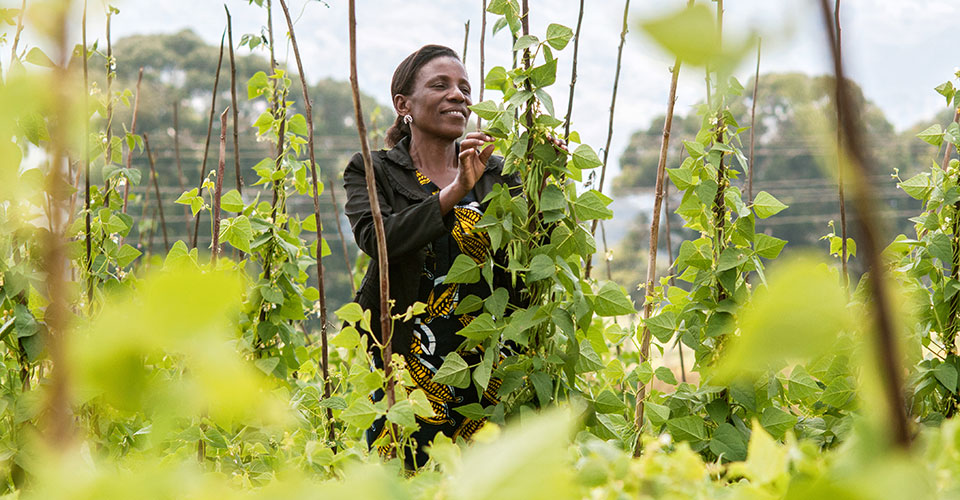
The Issue
Our climate is changing, fast, with devastating impact on species and ecosystems. In the past 10 years, 87 per cent of disasters have been climate-related [1]. When floods and drought come, they do not discriminate between men and women. But there’s a marked difference in how women and men experience the impact of climate change and climate disasters—who escapes and how quickly, who ensures the safety of family members before ensuring their own, who stays behind and cares for the old and the sick, who gets raped while walking for miles to collect water, and whose health, education and livelihood fall through the cracks, as communities cope and recover.
Climate change impacts women differently and disproportionately than men— in the 1991 Bangladesh Cyclone, five times as many women as men died; and women accounted for 67 per cent of the fatalities of the Indian Ocean Tsunami [2]. In the aftermath of the 2010 earthquake in Haiti, camps were overcrowded, lacked adequate sanitary facilities and lighting—conditions that led to night attacks on women. Post-disaster assessment in Myanmar in 2015 showed that women and girls had lower recovery capacity since they had low incomes and fewer productive assets, high food insecurity and malnutrition.
Today, there is growing recognition of the differential impact of climate change on women. However, their critical role as leaders and agents of change in climate action and management of natural resources is often overlooked in climate negotiations, investments and policies. For example, women account for only 20 – 25 per cent of the workforce in the modern renewable energy sector [3], and a 2015 study covering 881 environmental sector ministries from 193 countries found only 12 per cent of the ministers were women [4]. This is in spite of the fact that in most developing countries, women are the primary household energy managers and key actors in the food system, and can be powerful actors in the transition to sustainable energy and climate resilient agriculture.
Conference of the Parties (COP22)
The annual Conference of the Parties to the UN Framework Convention on Climate Change (COP 22), is convening in Marrakech, Morocco from 7 – 18 November, as the historic Paris Agreement, signed by 197 Parties, enters into force. The Agreement commits to promote gender equality obligations when addressing climate change. COP22 will pave the way forward for action and implementation on this agenda and strengthen collaboration between all partners, to achieve sustainable development.
At COP22, Parties to the Convention are expected to discuss and adopt a comprehensive work programme on gender to integrate gender perspectives in climate policies and actions and to ensure women’s participation at all levels.
UN Women calls upon all Parties to ensure that the work programme includes the development and adoption of a gender equality and women’s empowerment policy; systematic integration of gender in all reports; setting an initial quota of 30 per cent women in the Parties’ official delegation to UNFCCC meetings; and allocation of dedicated travel and capacity-building funding for women delegates, among other measures. Read more »
UN Women’s recently launched flagship programme initiatives leverage the co-benefits of gender equality and climate action by bringing women’s participation and leadership to the forefront of climate solutions through climate-smart agriculture, access to decentralized renewable energy and actions to reduce and respond to disaster risks.
UN Women calls on all Members States and climate actors to ensure an inclusive environment which puts gender equality considerations and voice and agency of women at the centre of climate management and investments. That is the only viable way forward to achieving the climate-resilient future we want.

